Manure-Made Textiles
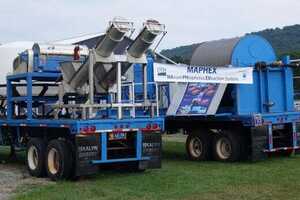
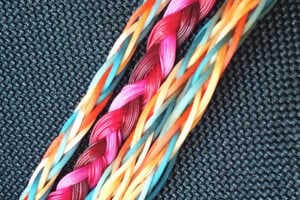
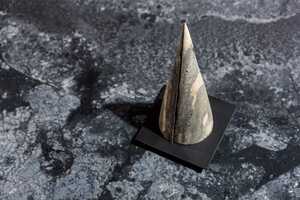
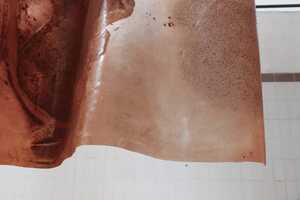
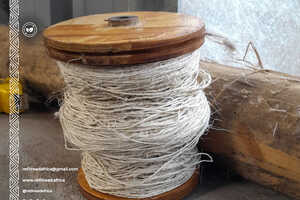
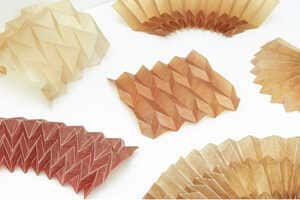
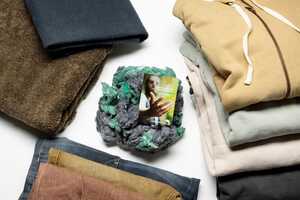
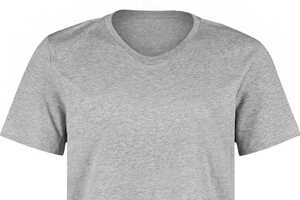
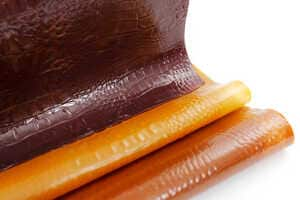
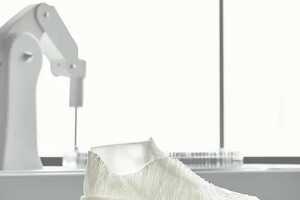
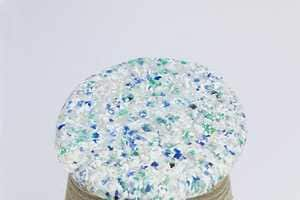

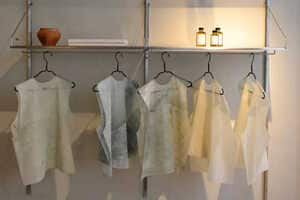
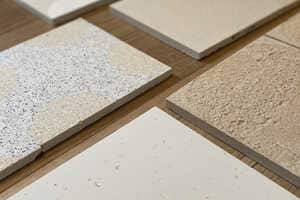

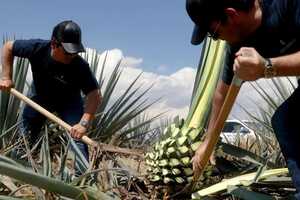
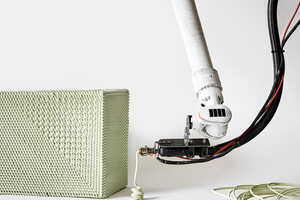
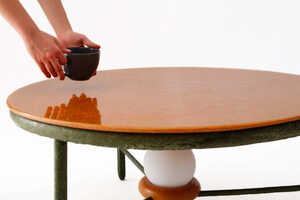
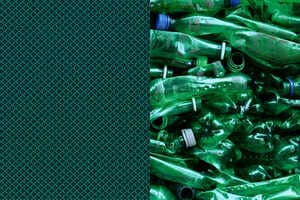
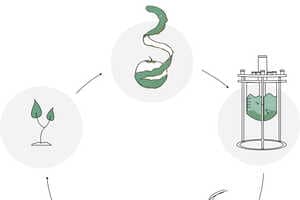
Jalila Essaïdi Shows That Manure Use in Design is Nearly Limitless
Riley von Niessen — July 26, 2016Dutch designer Jalila Essaïdi created a project that shows the wide range of manure uses that are possible. She does this by making her own textiles from the natural material, which works to combat the ever-growing environmental issue that comes with an increasing surplus of manure.
She explained her project, that's titled 'Mestic,' by saying "This is not the first time that scientists are looking for ways to solve the manure problem. But it is the first time that manure is being considered as a valuable resource." Her project achieves this by altering it within a lab -- which can change the material to be used for varying amounts of time.
In order to create a new manure use, Jalila Essaïdi extracts certain chemicals and separates it, using the "acids from the wet manure" which "are extracted and used to create cellulose acetate, which is a natural liquid plastic."




